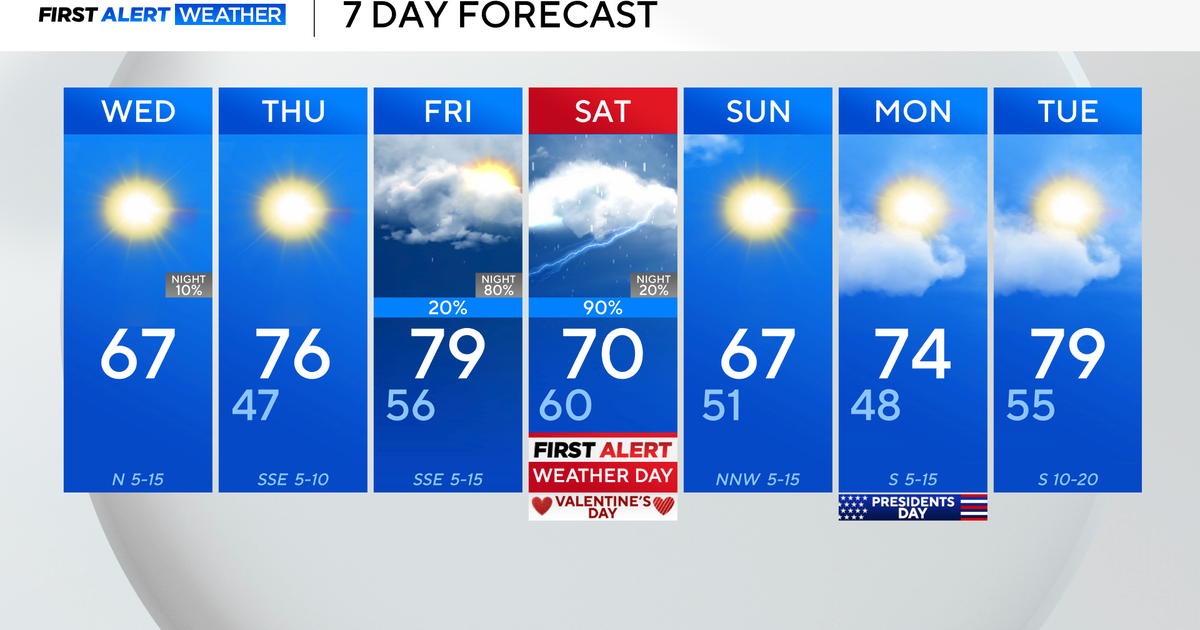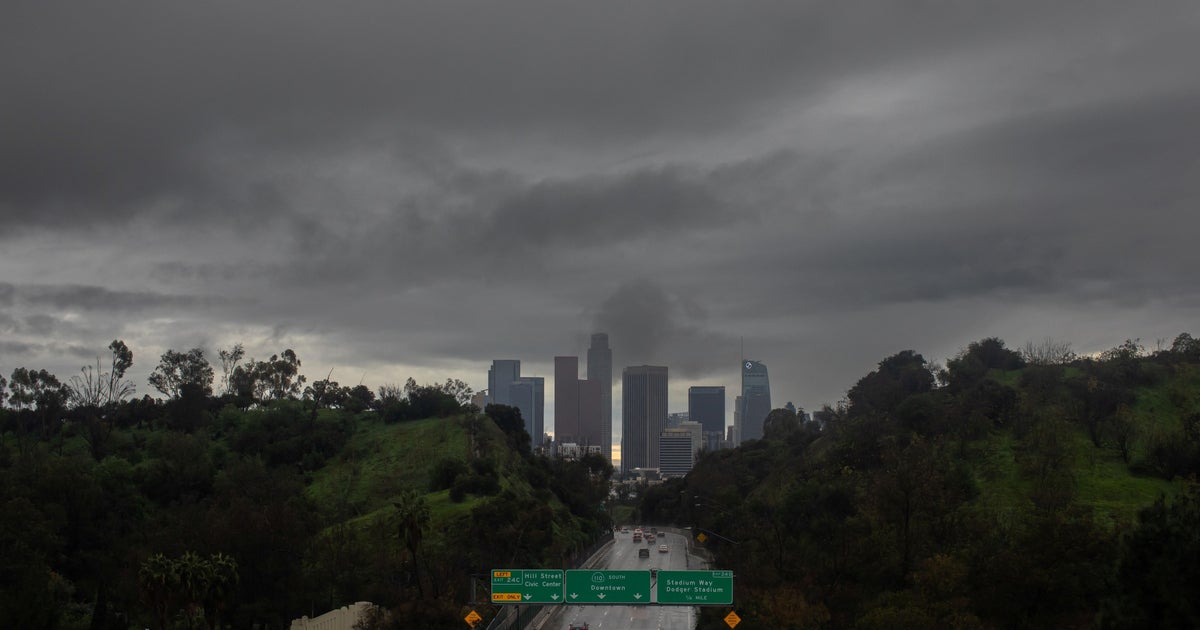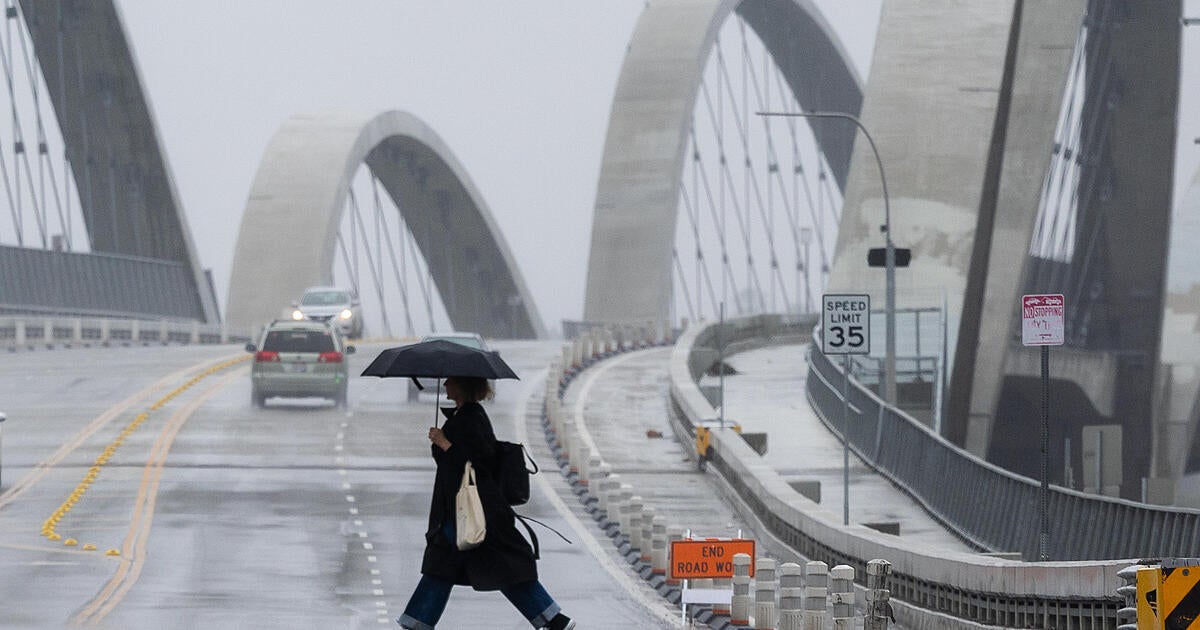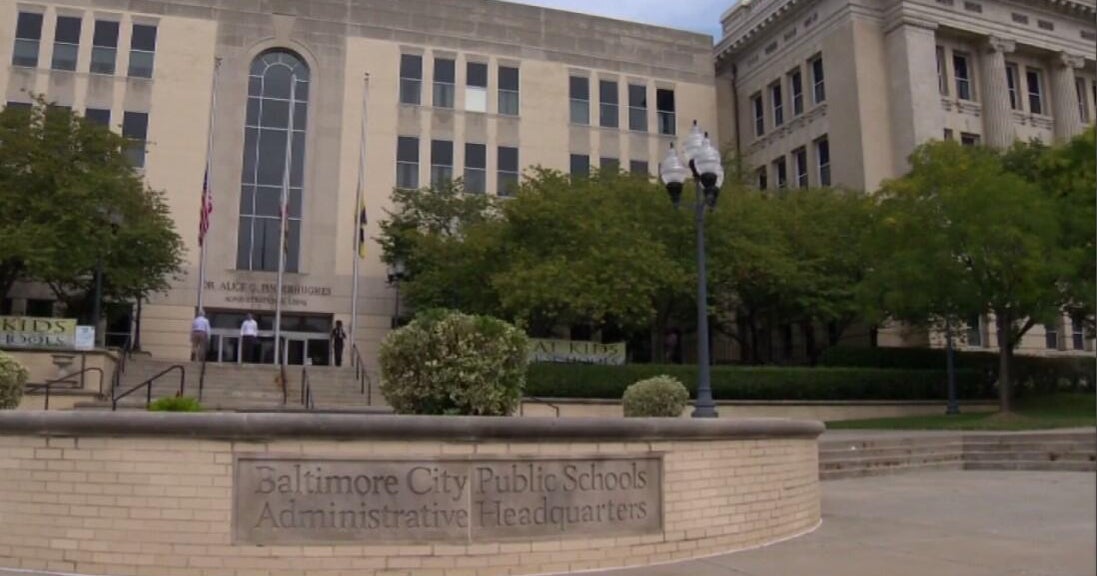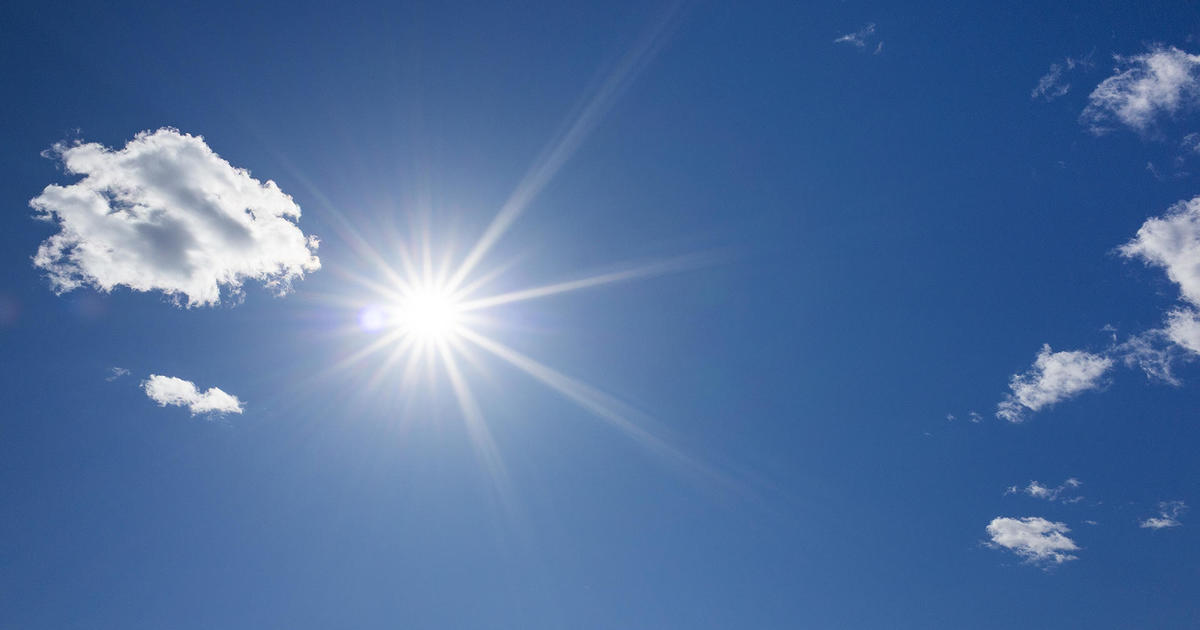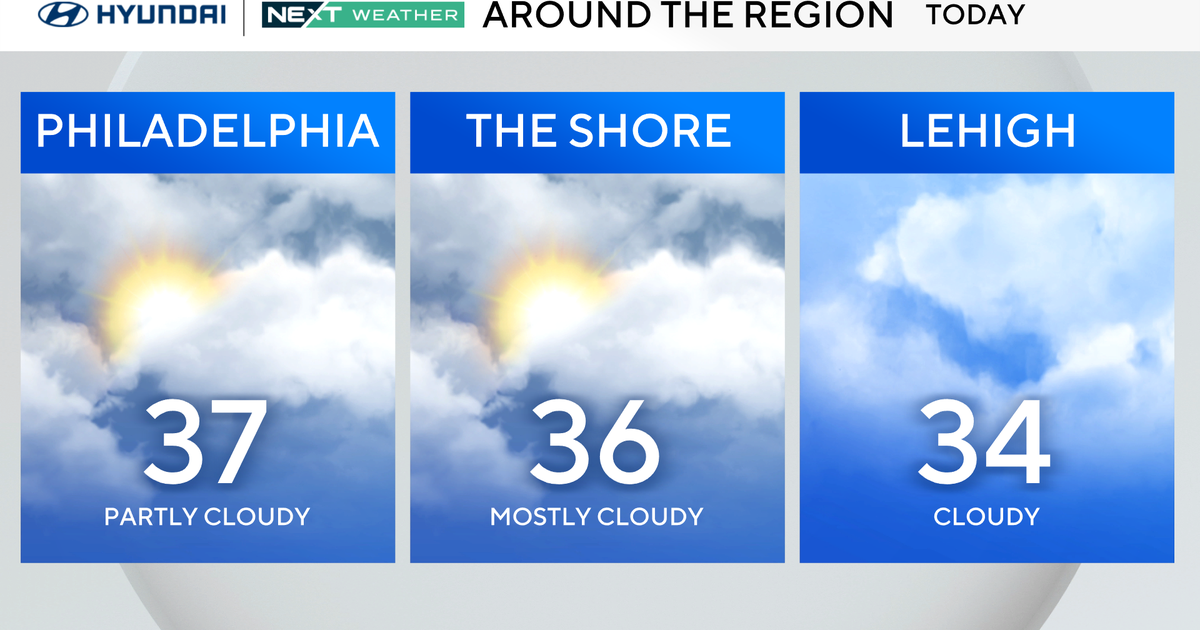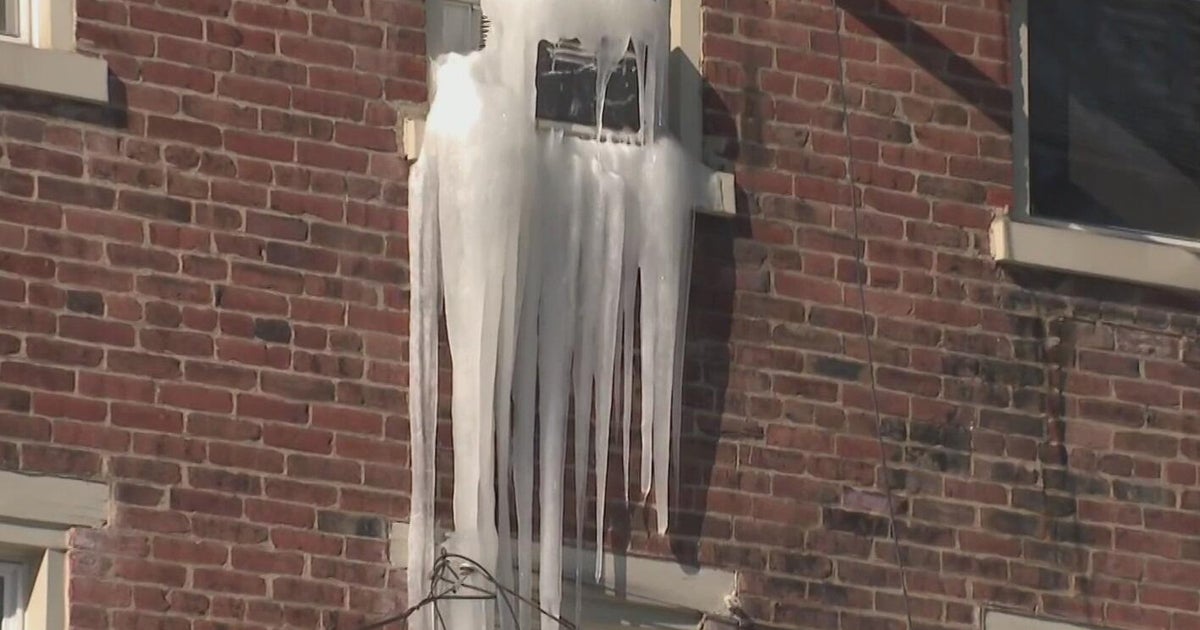Summer Forecast: Goodbye La Niña, Hello Warmer Weather
BOSTON (CBS) - The weather pattern that made for a wild winter across the Northeast, active killer tornadoes and flooding this spring and cooler than normal weather is finally coming to an end.
Though the cold water of La Niña in the Pacific is weakening, its lingering effects will last into the first part of summer.
Main factors forecasters look at to make a summer forecast include sea surface temperatures, current atmospheric conditions, historical climate trends, ocean cycles, and forecast models. This year, the spring's heavy rainfall will affect the summer forecast.
"Rainfall will make an impact on temperatures when you get into the summer months," says Accuweather meteorologist Paul Pastelok. "That's why you look at the spring to forecast the summer. I think we will see an impact from the moisture we have seen across the Ohio valley and the Great lakes keeping departures down."
Spring storms have made for very wet soil conditions from the Mississppi Valley into the Northeast, which effect how warm a region will become. Increased moisture influences the amount of solar energy being used for evaporation rather than heating the lower atmosphere. Cooler and wetter-than-normal weather is likely around the Great Lakes because of this. The intense heat will be found where the weather has been most dry.
"We've seen it dry in Florida, we've seen along the gulf coast states, Louisiana, back into Texas and New Mexico. I think those areas will be the hottest when compared to normal," said Pastelok.
WBZ-TV Meteorologist Joe Joyce reports
A weakening jet stream has retreated farther into the northern latitudes, allowing warmer air to flood into much of the nation.
Summer will become warmer and more humid in the Northeast with an increased risk of thunderstorms by late July and August.
Temperatures will likely average above normal, with precipitation slightly below normal.
"I don't expect an extreme hot summer, but surrounding areas should be quite warm," Pastelok predicted.
As the waters warm, the attention will turn toward the tropics for hurricanes where another active season is likely.
Paul Pastelok says, "Along the gulf coast, Florida and up into the Carolinas, that's the area which we feel will be impacted mostly during the upcoming tropical season."
Last year was the warmest spring on record, with 25 days reaching 90 degrees or greater in Boston by the end of summer.
This year has been a bit of a struggle, but luckily it is still early in the season and summer has just begun. If our forecasts prove right, we can expect many more great summer days ahead. A warm summer… just not as hot as last year.
